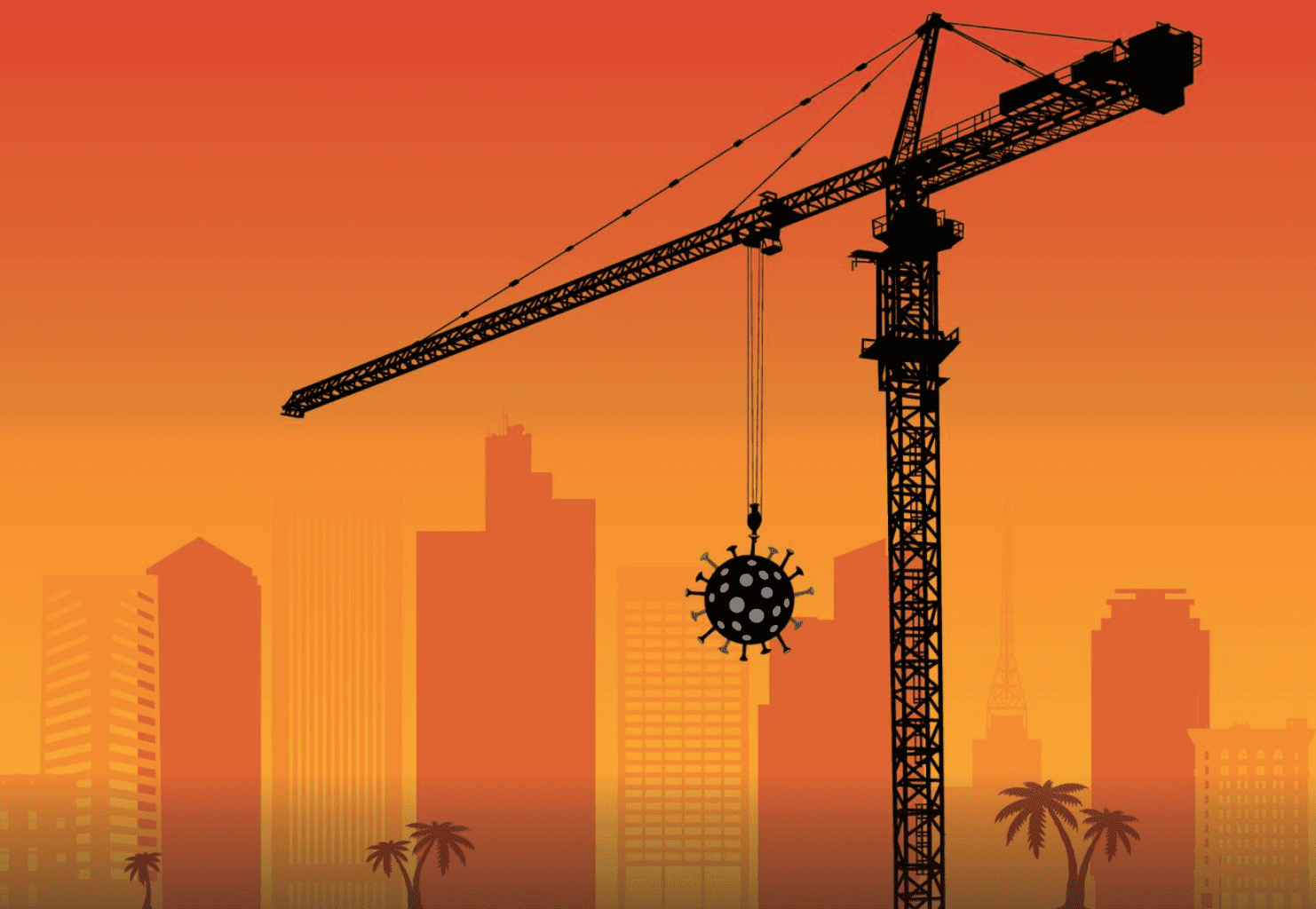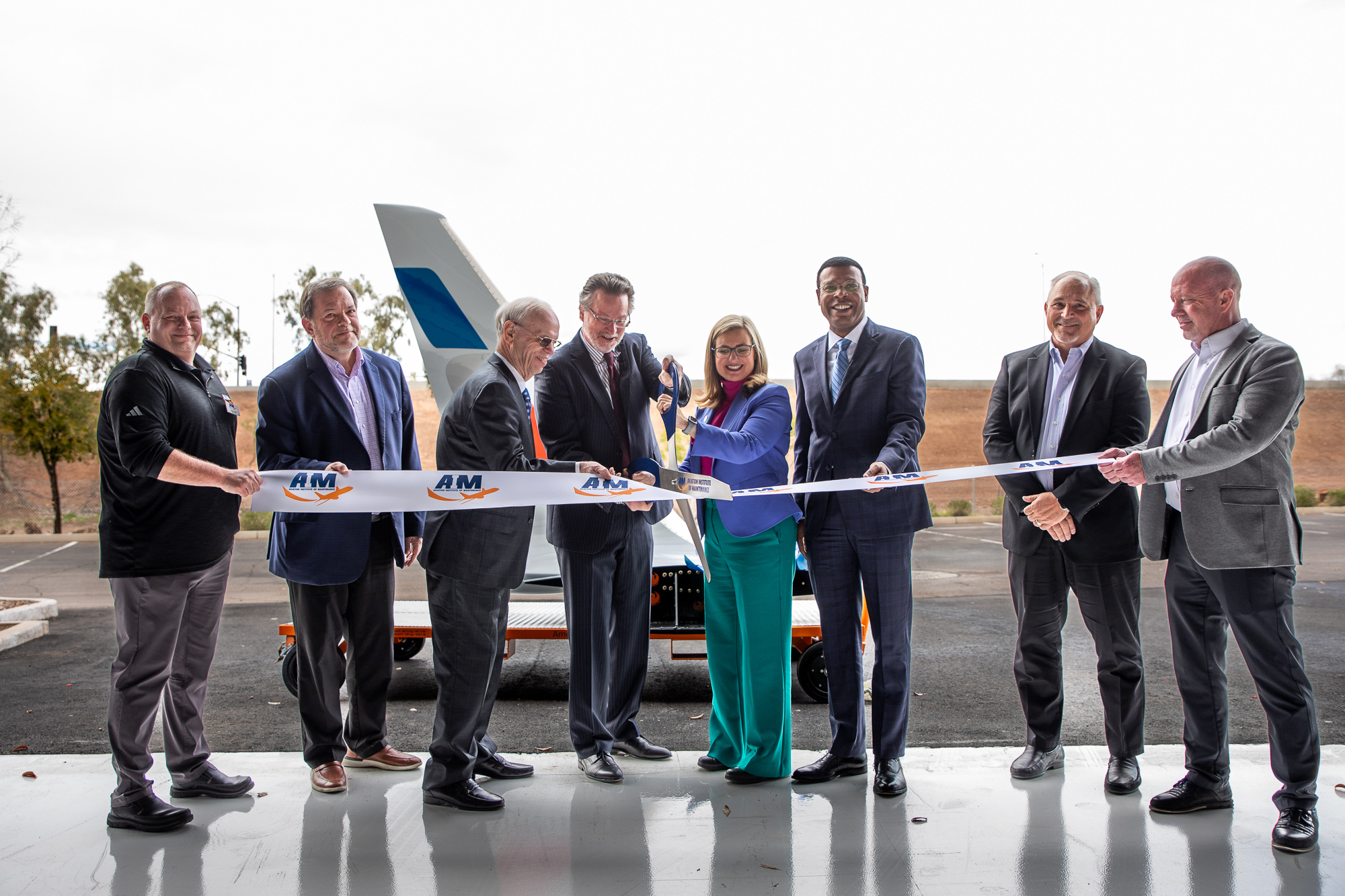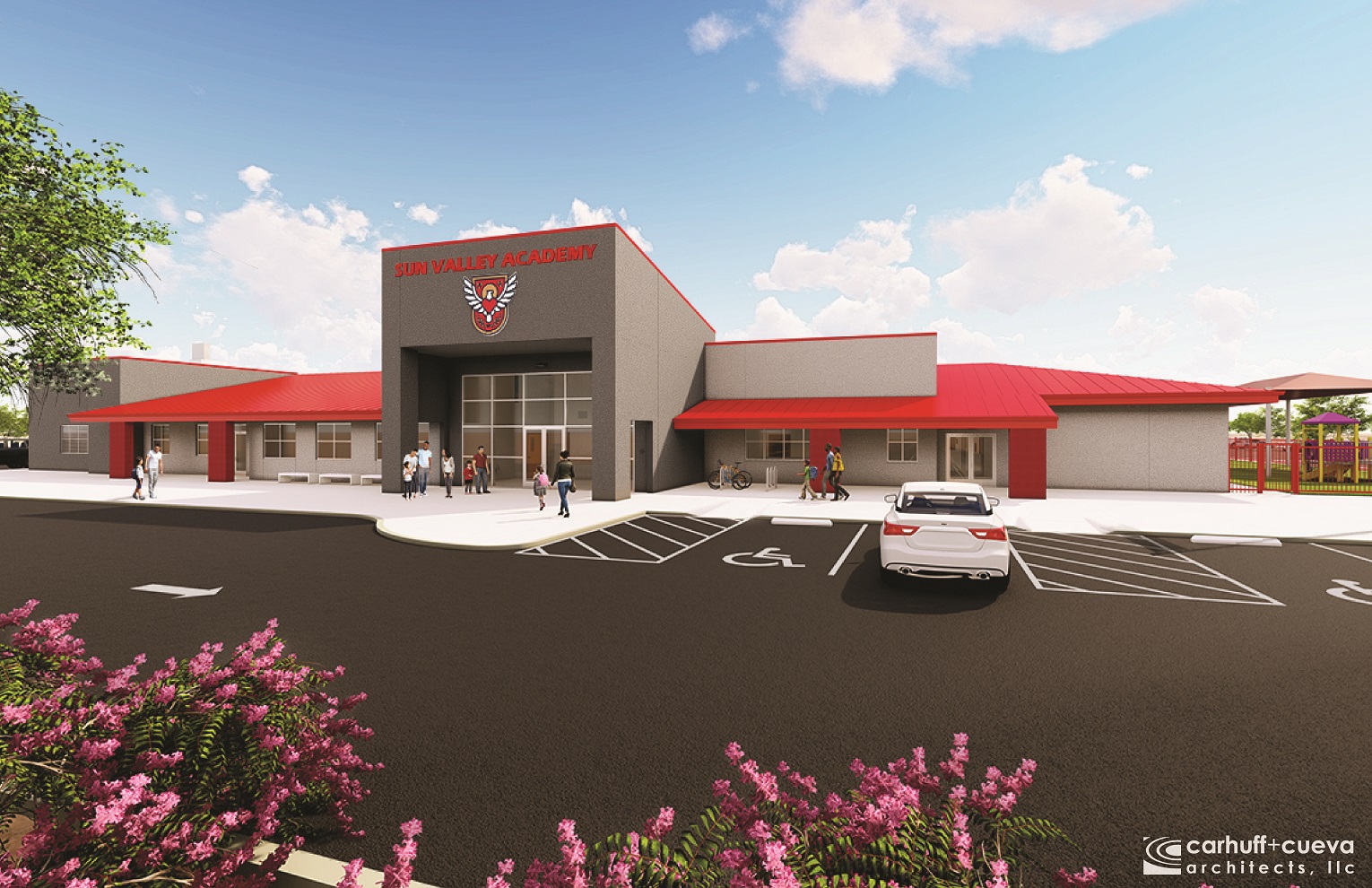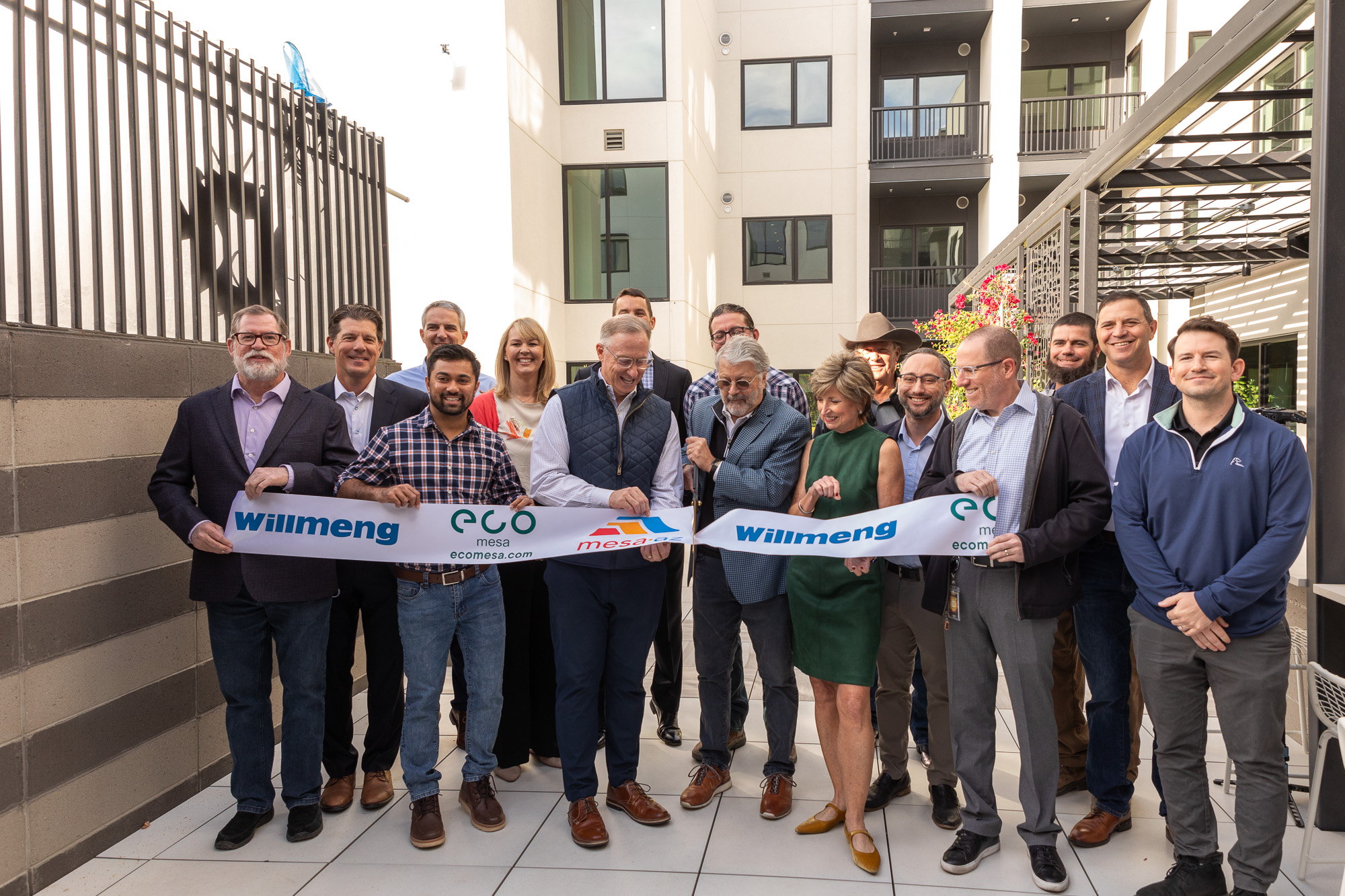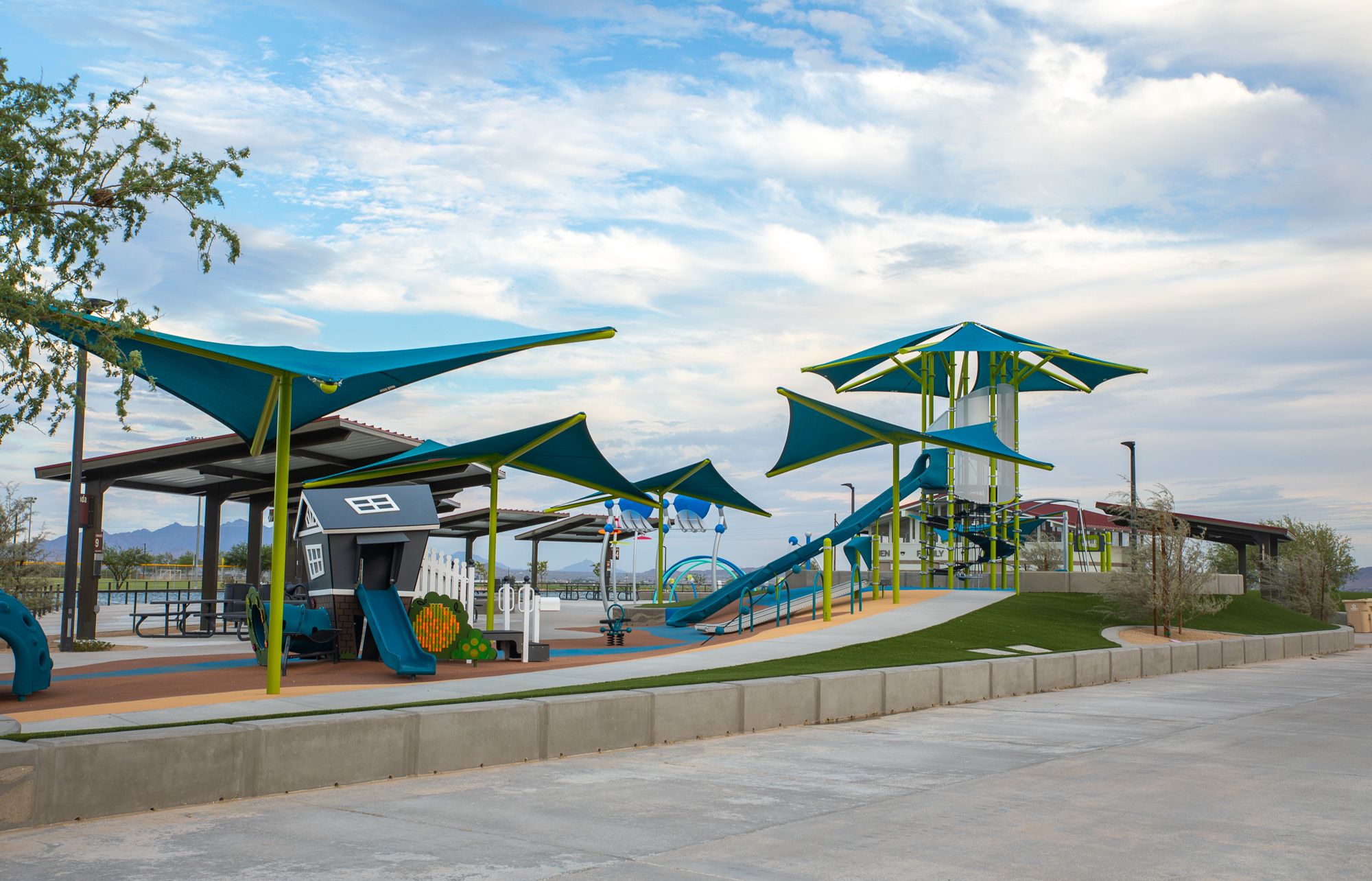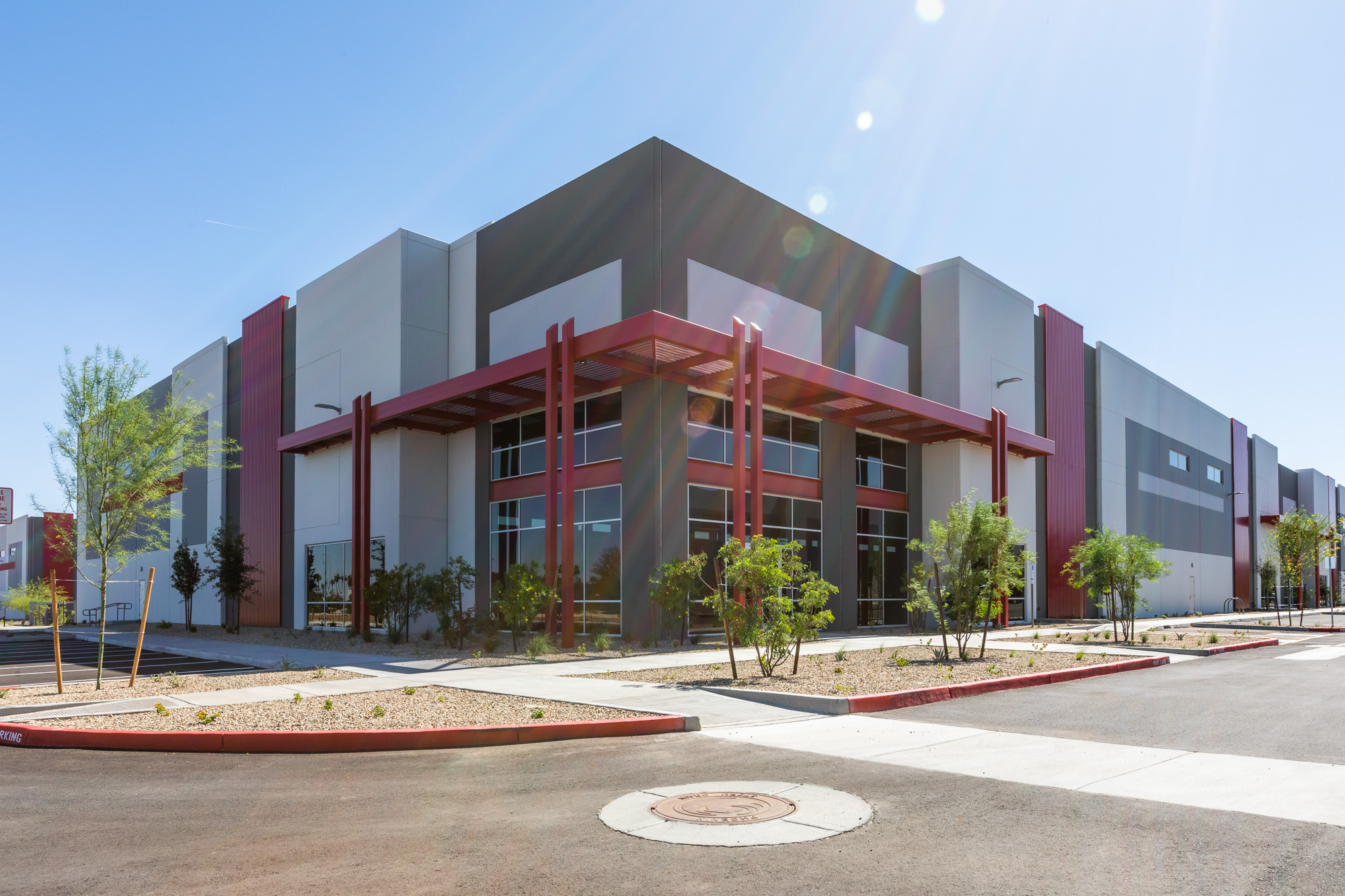[vc_row][vc_column][vc_column_text]
THE MARKET BEFORE CORONAVIRUS
Before the coronavirus outbreak, the volume of construction work for Valley subcontractors was near a historic high, marking a “supercharged” market.
According to Colliers International research, there was $4.3 billion worth of projects under construction in the Phoenix area at the end of 2019. And things picked up where they left off in early 2020, with another $1.86 billion worth of projects starting construction in January and February.
“The momentum of the greater Phoenix market was so supercharged that some will defer their projects but pick them up later,” said James Murphy, CEO of Phoenix-based Willmeng Construction. “Everybody as a group needs to remember how supercharged it was, we just need to avoid overreacting and hopefully not be stalled for too long.”
In the wake of the COVID-19 pandemic gripping the nation, the Phoenix construction industry for commercial real estate is starting to slide. Murphy said some speculative projects and those backed by institutional capital have “drifted,” meaning they have not been canceled, but likely will be delayed until closures and other effects of the virus have subsided.
“Once we’re through this, more than likely they will reassess,” he said.
With workers still on many job sites around town and considered among the “essential services” outlined in late March by Arizona Gov. Doug Ducey, construction slowing may not be seen until projects underway are completed and other planned projects have been postponed.
“Typically, the ground-up construction projects take about 12 to 18 months, so they have a runway,” Murphy said. “But there will be a period of time when there’s not much new construction starting.”
A hot start
Of the $1.86 billion worth of nonresidential buildings that got underway in the Phoenix area since the start of the year, the lion’s share began construction in February, according to research done by Dodge Data & Analytics.
The highest-value project to begin construction during February was the $250 million manufacturing plant for Mark Anthony Brewing, the maker of White Claw Hard Seltzer, Mike’s Hard Lemonade and other beverages, which is going to be built near Reems Road between Peoria and Olive avenues in Glendale.
Manufacturing and other industrial construction activity included $179.6 million worth of warehouses begun in February and $250.3 million worth of manufacturing facilities begun during that timeframe.
The $147.6 million 100 Mill office building also began construction in Tempe during February, the highest-value office project to begin construction during the first two months of the year. In total, $163.4 million worth of office buildings began construction in the month.
Kim Kennedy, director of forecasting for Dodge Data & Analytics, said Phoenix generally was a leading market for construction and continued to grow before the coronavirus outbreak.
Kennedy said Arizona’s market could likely be more resilient once the coronavirus downturn is over because of the Valley’s robust construction activity.
‘Dramatically slowed’
Being able to resume work at a later date will be beneficial for companies as some planned projects already have been deferred, rescheduling planned work for local companies.
“We are seeing projects get postponed, and projects that are underway have dramatically slowed,” said Dan Hinkson, president of Scottsdale-based Sigma Contracting, which does work in Arizona and other states.
Sigma Contracting has seen clients postpone or cancel renovations and construction that had been in the works. About 40% of the firm’s projects have been put on hold for now, Hinkson said.
“We have a retail project we have been working on for the better part of a year, getting things ready for construction, and now they are not sure they are going to move forward,” Hinkson said. “We have another hospitality renovation, a corporate office for hospitality, that has been put on hold.”
Right now, a lot of projects for Sigma are at a standstill, Hinkson said.
“Bars and restaurants have been a lot of the construction going on in Phoenix,” he said. “I don’t expect those to come back any time soon.”
However, he said he does not want to “hit the panic button” yet and is optimistic business will rebound.
From peak to trough
Arizona’s construction industry has battled back from the Great Recession, when thousands of workers were put out of a job as the Valley’s real estate market tanked. At one point, nearly 250,000 people were working in the industry in the entire state before construction stoppages led to an exodus of workers.
According to the U.S. Bureau of Labor Statistics, there were more than 93,000 construction jobs in the Phoenix metro as of 2018, the latest year available, just as the industry was starting to gear up.
For Phoenix-based Weems Asphalt, 2019 was one of the strongest years for business, nearly as good as the years leading up to the Great Recession, said Craig Weems, president of the firm.
“2019 was a great year, and it roared into 2020,” Weems said. “A lot of companies had to support that growth by investing in people and equipment. Now, assets that should be making them money are now costing them money.”
The amount of work the company was getting in 2019 was “unbelievable,” Weems said. “There was nothing telling us 2020 wouldn’t be a great year.”
So far, the shift because of COVID-19 has not affected Weems Asphalt’s day-to-day work, but it has drastically cut down projects the company is bidding on for future jobs.
“Projects that have not been awarded are being pushed to the future,” Weems said.
The bidding window for Weems is usually between 20 days and six months to be awarded a project, Weems said. That means the subcontractor likely will feel the slowdown faster than a bigger company, such as a general contractor or one working on major civil projects like a freeway.
Weems employs about 30 people, and so far there has been enough work to go around. If the restrictions are relatively short, around a month or two, the company will not have to reduce workforce.
“Right now we are protecting our number one asset, our people,” Weems said.
Redefining critical infrastructure
As offices empty, employees work from home and people avoid going out and interacting with the public as much as possible, new ideas have emerged regarding what “critical infrastructure” actually is, Murphy of Willmeng said.
“We always would have said hospitals and doctors’ offices were critical, but now we see distribution centers have become critical,” Murphy said. “What used to be elective, you could order on Amazon or you could go to the store, is now necessary.”
Food manufacturing, distribution and supply chain needs have become necessary as more people turn to online grocery ordering and delivery of other goods.
“The distribution backbone is literally a lifeline,” Murphy said.
Kimberly Davids, general manager of the Weitz Co.’s Southwest region, said her firm continues to work on most projects in progress, but it is taking precautions to make sure people are safe on the job and protecting those around them.
Only one of the company’s projects has been put on hold because of the number of people who would be around the job site, Davids said.
“We were able to take some of the workforce (from that project) and refocus them in other places,” she said.
Other projects, including two senior living complexes, have taken precautions to isolate workers from residents. Some clients are pondering other precautions that include taking workers’ temperatures at jobs sites and asking if they have traveled to some countries that have been most affected by the virus.
As developers might tap the brakes on projects that were to start soon, Davids said she has seen an uptick in clients who are wanting to discuss future projects.
“People want to figure out a plan for how to come out of this,” she said.
Article written by Corina Vanek at Phoenix Business Journal
For the full article, click here.
[/vc_column_text][/vc_column][/vc_row]

